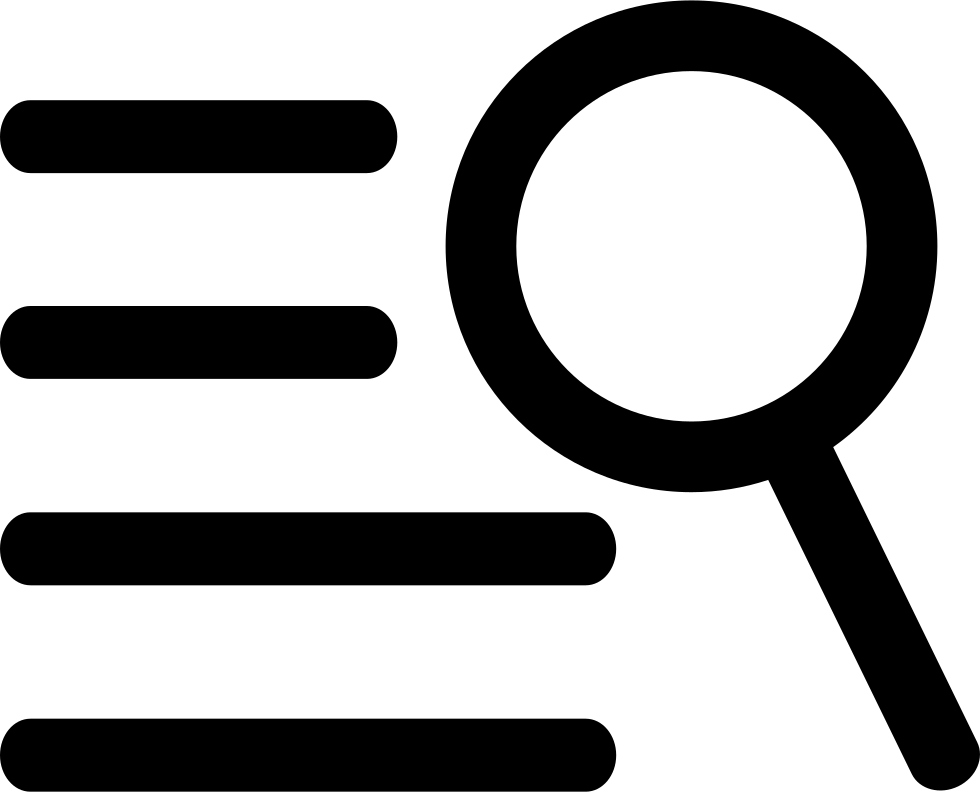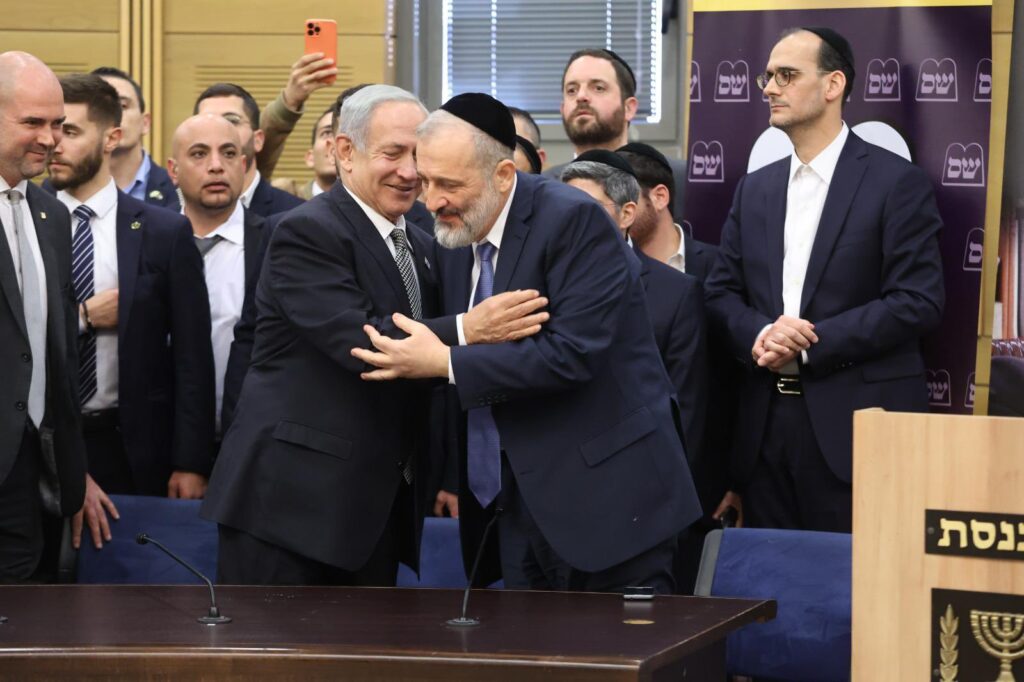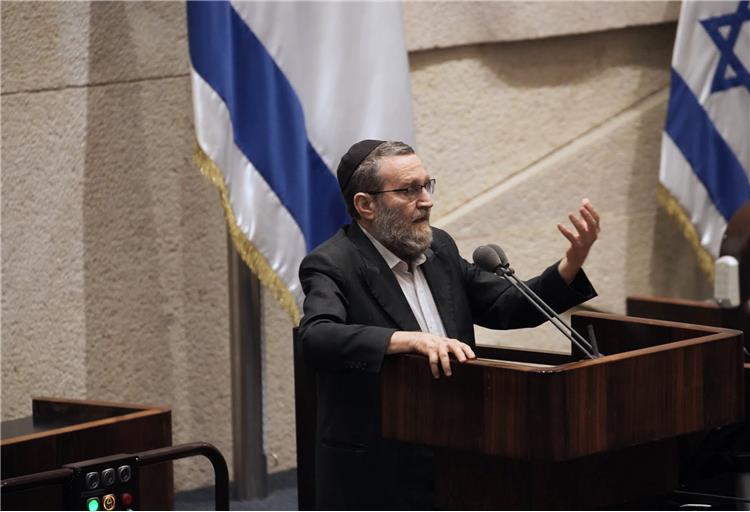For the first time in over two decades, Prime Minister Benjamin Netanyahu is publicly confronting his ultra-Orthodox coalition partners. This week, tensions rose dramatically when Haredi parties announced they would boycott parliamentary votes to protest delays in passing a bill exempting their community from mandatory military service.
Netanyahu reportedly reacted furiously. According to witnesses, he warned, “Let them face elections. They won’t push me around on this issue. I’ll publicly oppose them,” clearly signaling his refusal to grant a sweeping military exemption during wartime.
Why is Netanyahu escalating tensions—or is he truly escalating them at all? One interpretation is that he wants to show ultra-Orthodox leaders the price of their stubbornness: heading into an election under terrible conditions, with even their main political ally, Netanyahu’s Likud, adopting a tougher stance against them than ever before. No matter how such an election ends, the Haredim would likely lose ground.
Another interpretation is that Netanyahu’s frustration might be genuine. His core foreign policy objectives—normalization with Saudi Arabia, a decisive resolution in Gaza, confronting Iran, and retaining strong ties with Donald Trump—have stalled or receded significantly. According to this view, Netanyahu sees little left to achieve in his current term. Choosing the timing and central issue of the next election, even if under difficult conditions, may appear preferable to waiting passively for his coalition to collapse. As one ultra-Orthodox official bluntly put it: “He’s just angry that we won’t let him continue stringing us along.”
The Haredi United Torah Judaism party has demanded a show of seriousness from Netanyahu: removing Yuli Edelstein, the chairman of the influential Foreign Affairs and Defense Committee. Edelstein has independently advocated tougher measures against draft dodgers, including personal sanctions—a stance traditionally unacceptable to ultra-Orthodox religious leaders. “Get rid of Edelstein and pass the bill,” rabbis and prominent Haredi leaders insist.
Yet Likud insiders argue that removing Edelstein would doom any chance of passing the controversial exemption bill. No one credible would step into his role under these conditions, reinforcing fears the revised law would only encourage further draft dodging. Netanyahu’s preferred strategy remains reaching the parliamentary summer recess intact, buying him three months of political calm and a path to holding onto power into 2026, despite steep odds.
This week, rumors also circulated within Likud about proposing their own stringent draft law—harsher than any previously suggested by the party. Such a move would distance Likud from its ultra-Orthodox allies and put opposition parties in a difficult spot, forcing them to decide whether to support the measure. If such a bill emerges—even introduced by a relatively unknown Likud lawmaker—it might be a clear signal that Israel should prepare for elections.
The above is an excerpt from my Shabbat column in Yedioth Ahronoth.









